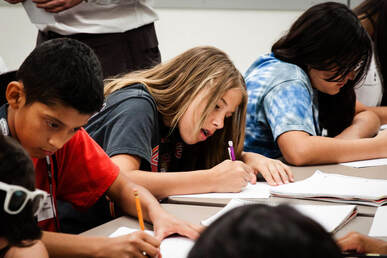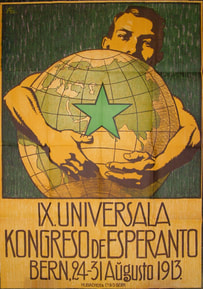|
by Rebecca Green
I was hesitant, but I knew my students deserved the opportunity to write about themselves, to be creative, to take risks and not feel restricted by strict project expectations. I prepared them as best as I could: we spent weeks close reading, responding to sources, discussing our topics, and partaking in creative free-write exercises as a class. We talked about writing as a process, instead of a five paragraph formula. When that fateful Friday night arrived in which students were expected to hand in their essays, I sat by the computer anxiously waiting for a disaster to take place.
1 Comment
 Photo by Bruce Matsunaga Photo by Bruce Matsunaga by Caitlin Hertzberg As early as I can remember, I’ve always been a writer. I’d always been gifted diaries throughout my childhood, swirling gel pen tips to doodle hearts in the margins near the names of boys I crushed on, spilling the ink of my secrets onto lavender-scented paper. I would steal phrases from overheard conversations and work them into melodies that tortured me from inside my head (I still do this). One of my earliest memories of being a writer is from 4th grade, ripping out sheets from a 99-cent spiral notebook and begging my grandmother to “staple it good” down the middle so that I can write stories like Judy Blume and Jerry Spinelli. Notice I make no mention of writing in school: The kind of writing with strict sentence and paragraph minimums, about topics I couldn’t care about no matter how hard I tried. The kind of writing that you work on for weeks on end in the overheated computer lab, revising, revising, revising, memorizing the teacher-provided rubric until every word of your assignment sounds like an owner’s manual for a VCR. by Emily Nolan  The old saying attributed to Lucille Ball that “comedy can’t be taught, you either got it or you don’t” is outdated, to say the least. It’s clear that a lot has changed since the I Love Lucy era. In the past decade, comedy has started to creep its way into the world of research and academia. There has been extensive research on the benefits of comedy, the reasons comedy makes people laugh, and the most effective structure of jokes, and comedic storytelling. Comedy or the act of laughing has been proven to stimulate your organs due to an increase of oxygen-rich air coming into your body, improve your immune system, and lessen feelings of anxiety or depression. While humor may not cure every ailment, the idea that laughter is the best medicine is not too far-fetched. Comedy can also be looked at as a vital tool in the classroom, as it can act as a key instrument in explaining complicated issues and ideas, it can lead to further retention from students. by Aleksandr Chebotarev
by Connor Buckmaster  Photo by Joseph Chan on Unsplash Photo by Joseph Chan on Unsplash For decades now, the study and practice of writing has been on a revolutionary roller coaster. Leaps in pedagogy surrounding college composition classes, translanguaging, and collaborative learning have changed the way college students today learn and produce writing. At the same time, the (dated) values of Standard American English, the five paragraph essay, and the thesis statement are still upheld in many pockets of American public schools. We wonder why Americans struggle to write, and there seems to be a host of answers: an inability to construct sentences, a fundamentally bad approach in teaching how to read, and a school culture which rewards surface learning and quick responses, viewing texts as inert information rather than an argument. The more and more we look, America seems to be in a literacy crisis. |
Archives
July 2024
Categories
All
|
|
Glassworks is a publication of Rowan University's Master of Arts in Writing 260 Victoria Street • Glassboro, New Jersey 08028 [email protected] |
All Content on this Site (c) 2024 Glassworks
|



 RSS Feed
RSS Feed
